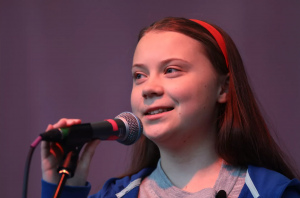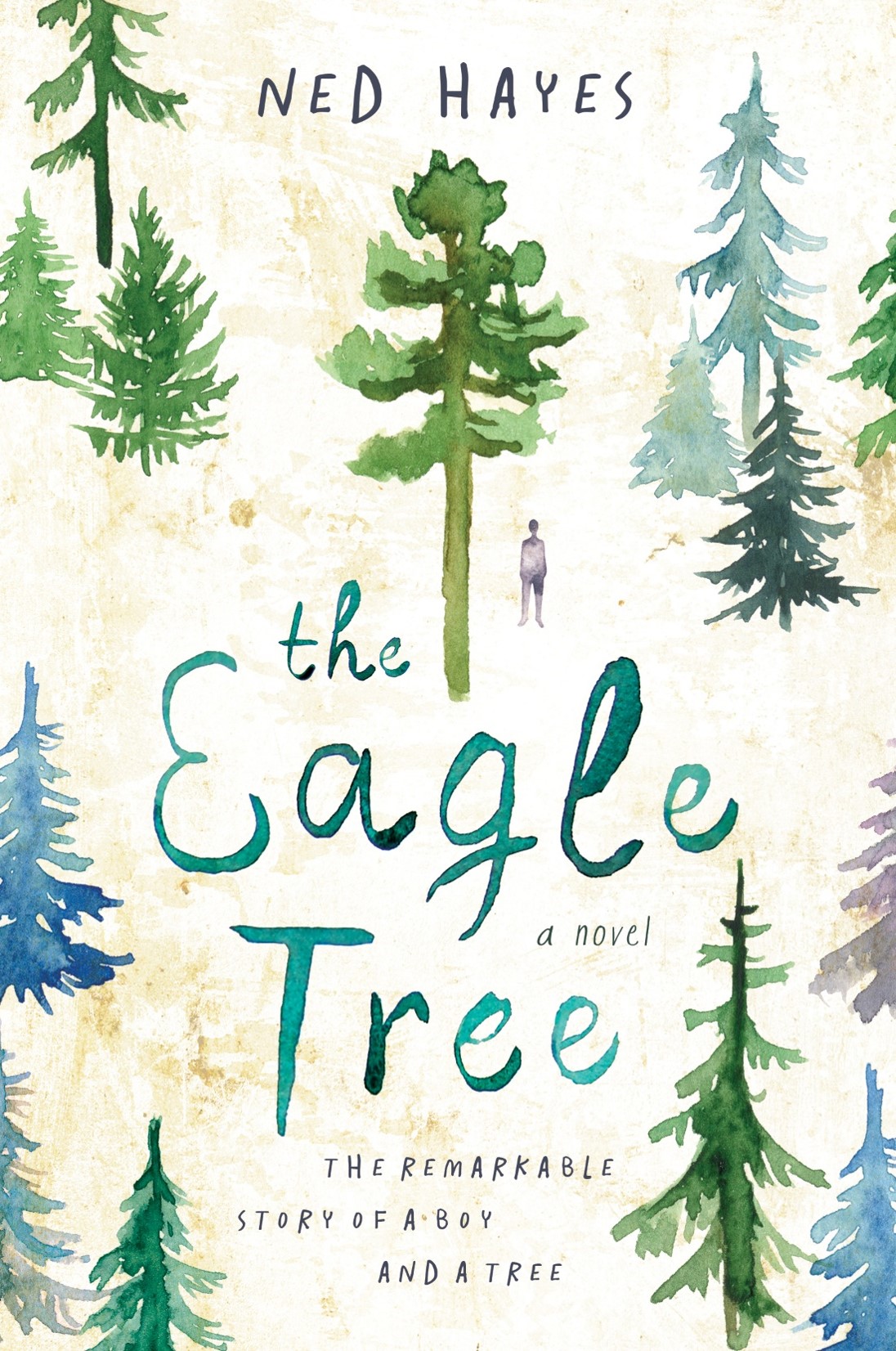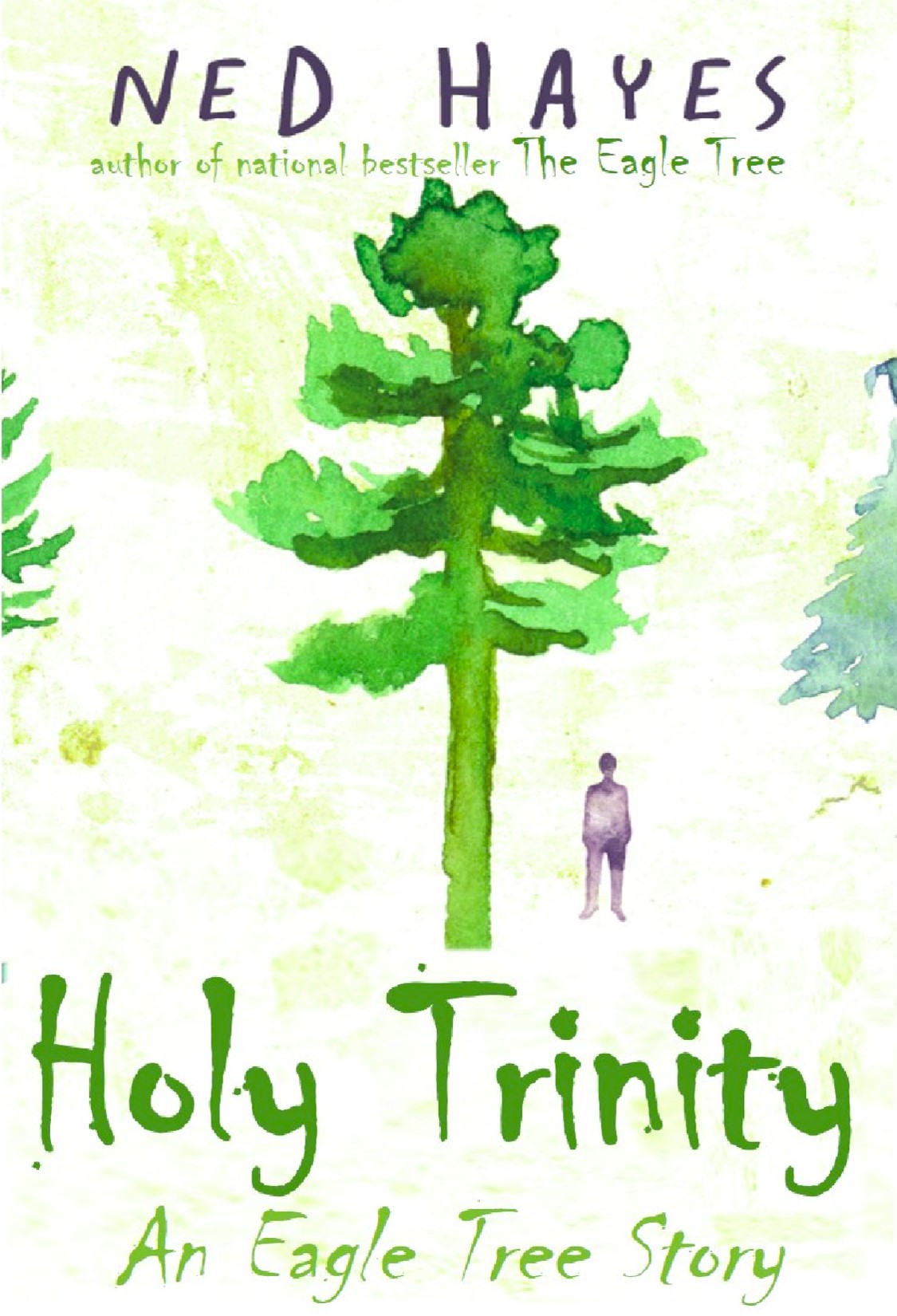 | Read this powerful piece by Steve Silberman in
| Read this powerful piece by Steve Silberman in
VOX about climate activist Greta Thunberg
The 16-year-old climate activist’s radical approach to autism.
Watching video of Greta Thunberg addressing the House of Parliament in London on April 24, it’s hard not to think of Cassandra, the brash young warrior of Greek myth who beseeched Apollo for the gift of prophecy. The petulant god granted her wish, but then punished the girl by decreeing that her predictions would be ignored “as idle wind in the hearers’ ears.”
“You lied to us. You gave us false hope. You told us that the future was something to look forward to,” said the 16-year-old environmental activist, who has become the stern face of a global movement of young people enraged by the idea that careless decisions made by their parents’ generation will doom them to an apocalyptic future. “Those who will be affected the hardest are already suffering the consequences. But their voices are not heard. Is my microphone on? Can you hear me?”
…
Thunberg makes a radical statement about autism through her climate activism
Bluntness is also the way of many people on the autism spectrum, and both Thunberg and her young sister Beata have been diagnosed with autism and ADHD. A few years ago, Thunberg’s ascent to fame likely would have been framed in the media as that of an inspiring young girl “overcoming” her disability to become the leader of a worldwide movement. But Thunberg herself makes a different, more radical argument: that she became an activist not in spite of her autism but because of it.
“I see the world a bit different, from another perspective,” she explained to New Yorker reporter Masha Gessen. “It’s very common that people on the autism spectrum have a special interest. … I can do the same thing for hours.” Thunberg discovered her special interest in climate change when she was just 9 years old, and she couldn’t understand why everyone on the planet wasn’t similarly obsessed with preventing it.
…
Though it’s rarely discussed in the clinical literature, the fact that some people on the spectrum feel an intense connection to the natural world has been known for a long time. My history of autism, NeuroTribes, explores how autistic scientist Temple Grandin’s love for animals inspired her to become a designer of more humane technology for the livestock industry (though I doubt vegan Thunberg would approve). In one of the first case reports of Asperger’s syndrome from 1954 — long before there was a name for it — a boy teaches himself the names of the plants that flourished around the residential facility where he was forced to live, while offering lectures on nuclear fission and corporate finance to his peers.
| Read More Here >>





